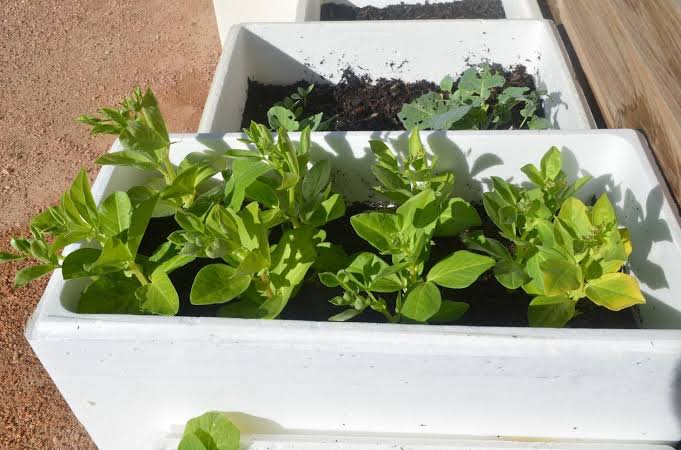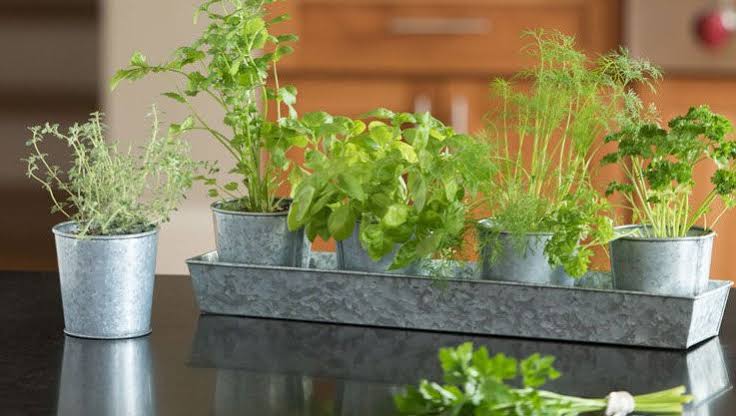How To Take Care of Your Grow Boxes?
Of late, grow boxes have gained immense popularity amongst plant lovers and nature fanatics. These uniquely designed gadgets help you grow your favorite plants and saplings inside your home, without having to worry about outdoor space, sunlight, and the works.
But that doesn’t mean that using grow boxes is all fun and games. Like everything else, they also require proper maintenance and care. A large section of people who purchase grow boxes for the first time, tend to be very lenient with them, which results in the grow boxes falling into disrepair really fast or not working as best as they could.
Here’s how you can maintain your grow box or grow tents in the best possible way, and ensure prolonged usage with healthy plants.

1. Clean Trays and Parts Regularly
One of the most common mistakes that people tend to make is not cleaning grow box trays frequently. This means regularly removing dead plant matter that may be littering the interiors, and disposing of any dead organic material, to not let it contaminate the other plants and organisms inside the grow box. Cleaning off any nutrient or water run-offs is crucial as well. Leaving such spills inside the grow box can impact the moisture levels inside and encourage the growth of fungi as well as ruin the pre-existing balance of humidity. It can even destroy the interiors of the grow box and lead to the growth of mold inside the floorboards and walls.
2. Sterilize Periodically
Other than just cleaning regularly, sterilizing the interiors is also highly important. Sterilization is essentially a long process within which the interiors of the grow box are thoroughly cleaned and all traces of microorganisms should be eliminated. One can sterilize their grow box through heat, chemicals, and filtration. In a grow box, it is important to thoroughly sterilize the water and hydroponic systems. Algae can grow and fester inside the pipes, which can not only reduce how efficiently water and nutrients reach your plants but can also lead to the transfer of bacteria to your saplings. The most common procedure used is the utilization of chemicals such as bleach or hydrogen peroxide, which can effectively eliminate any pathogens or bacteria that can negatively impact the carefully maintained environment of the grow box.
3. Maintain The Lights
Grow box lights are a crucial part of the entire grow box system, and maintaining them is crucial to ensuring the health of your plants in the long run. Make sure to keep your lights and bulbs wiped down. Take care to carefully pull down reflectors and wipe both sides as cleanly as possible. The timing of how frequently you should clean the lights will depend on how long you should keep lights on plants. However, once in a week or a week and a half should be sufficient.
4. Thoroughly Clean Air Filters
Similar to lights, air filters are another important part of your grow box system. They ensure that there is plenty of air circulation inside the grow box, making the environment conducive to the growth of your plants. They also help maintain moisture content and humidity. However, your air filters are prone to getting dirty and collecting dust, and if not cleaned, they can lead to the entry of dust particles and microbes. It is also crucial to replace them once in a while, as they can collect microorganisms that are invisible to the naked eye and remain there despite cleaning. For grow-tents and grow boxes, HEPA filters work best as they manage to keep out most foreign elements effectively.
5. Keep A Close Eye On Your Plants
While taking care of your grow box is important, it is also crucial to keep an eye on your plants. Check them regularly for any signs of rotting, mold growth, etc. If allowed to fester, it can contaminate the entire grow box and damage other plants and saplings as well. Plants in grow boxes are susceptible to mold and mildew due to moist and humid conditions inside, which are comparatively more than plants that you grow outside. Despite remaining inside, they can also develop insect infestations that can enter through nooks and gaps. So it is important to carefully check your plants and remove any growths or organisms that may be present.



